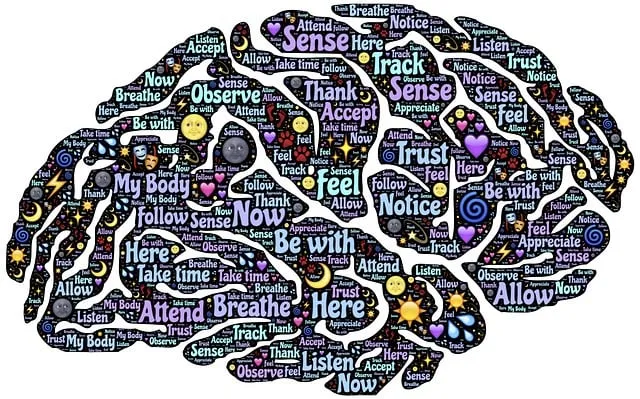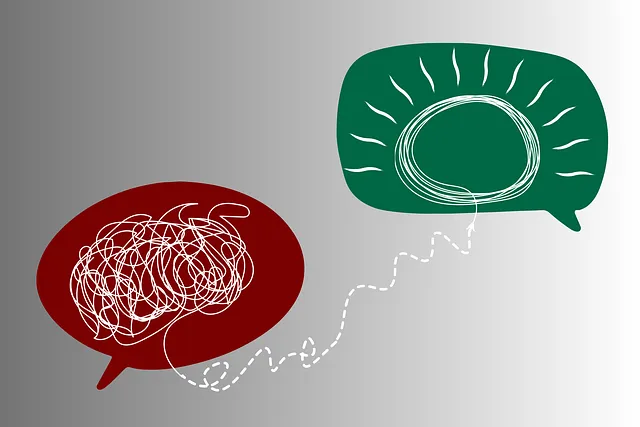Coping skills are essential for navigating life's challenges and maintaining mental well-being, especially in a world with rising mental health concerns. Organizations like Kaiser offer resources, such as the Parker guide to accessing mental health services, stress management workshops, and emotional regulation programs. Identifying personal coping strategies involves acknowledging unique emotional responses to stress, recognizing triggers, and evaluating existing mechanisms. Kaiser's comprehensive services, including therapy, online resources, and self-help tools, empower individuals to develop tailored coping strategies for enhanced mental wellness. Engaging in regular self-care practices like Mental Wellness Journaling Exercise Guidance and Burnout Prevention Strategies for Healthcare Providers is crucial for long-term well-being, especially in demanding professions.
Coping skills are essential tools for navigating life’s challenges and maintaining mental well-being. In today’s fast-paced world, understanding and developing effective coping mechanisms is more crucial than ever. This article explores the significance of coping skills in mental health and provides practical strategies to enhance resilience. We delve into identifying personal coping strategies, utilizing resources like Kaiser for mental health support, building long-term wellbeing, and maintaining healthy coping mechanisms. Learn how to embrace challenges and thrive with Parker’s guide to accessing mental health services through Kaiser.
- Understanding Coping Skills and Their Significance in Mental Health
- Identifying Personal Coping Strategies: A Journey Inward
- The Role of Kaiser in Accessing Mental Health Support: A Practical Guide
- Building Resilience: Effective Coping Skills for Daily Life
- Nurturing Long-term Wellbeing: Maintaining and Enhancing Coping Mechanisms
Understanding Coping Skills and Their Significance in Mental Health

Coping skills are the strategies we use to navigate life’s challenges and maintain mental well-being. They play a pivotal role in managing stress, anxiety, and even depression, making them essential components of any holistic mental health strategy. Understanding these skills is the first step towards empowering individuals to take control of their mental health.
In today’s world, where mental health concerns are increasingly prevalent, recognizing effective coping mechanisms is crucial. Organizations like Kaiser offer resources such as Parker How to Get Mental Health Services through Kaiser, providing accessible pathways to support and guidance. Additionally, Stress Management Workshops can equip individuals with practical tools for emotional healing processes, fostering resilience and overall well-being.
Identifying Personal Coping Strategies: A Journey Inward

Identifying Personal Coping Strategies is a journey inward that requires introspection and self-awareness. Individuals can begin by acknowledging their unique emotional responses to stressful situations. This introspective process involves recognizing triggers, understanding coping mechanisms already in place, and identifying which strategies are effective or need improvement. Through this exploration, one gains valuable insights into their emotional regulation skills, enabling them to navigate life’s challenges more effectively.
For those seeking support, Kaiser offers extensive mental health services that include Emotional Regulation programs, Crisis Intervention Guidance, and Mental Wellness Coaching. These initiatives empower individuals to develop robust coping strategies tailored to their specific needs. By leveraging these resources, people can embark on a transformative journey towards enhanced mental wellness, ensuring they have the tools to cope with life’s complexities.
The Role of Kaiser in Accessing Mental Health Support: A Practical Guide

Accessing mental health support through Kaiser is a straightforward process designed to enhance your well-being. The organization offers a comprehensive range of services tailored to individual needs, from therapy sessions to online resources and self-help tools. One effective way to initiate this process is by familiarizing yourself with Kaiser’s coverage and benefits. Their website provides detailed information on what’s included, making it easier for you to understand how their services align with your specific requirements.
For those seeking guidance in managing stress or resolving conflicts, Kaiser often hosts workshops focused on these areas. These sessions are led by professionals who specialize in mental wellness, ensuring you receive evidence-based strategies for coping. By participating in such initiatives, you can gain valuable skills to navigate life’s challenges and maintain a healthy balance. Remember, reaching out for help is the first step towards a more resilient and fulfilling life.
Building Resilience: Effective Coping Skills for Daily Life

Building resilience is a key aspect of developing effective coping skills for daily life, especially in stressful and demanding professions like healthcare. According to Parker (2023), accessing mental health services through Kaiser can significantly contribute to this process. By engaging in regular self-care practices, such as Mental Wellness Journaling Exercise Guidance, individuals can enhance their emotional well-being and better navigate challenges.
In addition, Burnout Prevention Strategies for Healthcare Providers are essential tools to foster resilience. Incorporating techniques like mindfulness, exercise, and setting healthy boundaries can help manage stress levels and promote mental clarity. These strategies not only support overall Depression Prevention but also ensure professionals maintain their compassion and effectiveness in patient care.
Nurturing Long-term Wellbeing: Maintaining and Enhancing Coping Mechanisms

Maintaining robust coping mechanisms is paramount to nurturing long-term mental wellness. It’s akin to tending to a garden; regular care and attention are necessary for its growth and resilience. In the context of healthcare, where professionals often face high-stress situations, cultivating effective coping strategies becomes an essential tool for burnout prevention. The American Psychological Association highlights that understanding and honing these skills can significantly impact overall well-being.
Kaiser Permanente offers valuable resources, such as mental health services, designed to support individuals in navigating stress management. Workshops focused on mindfulness, resilience, and self-care play a pivotal role in this process. These sessions equip healthcare providers with Burnout Prevention Strategies, enabling them to not only manage stress but also enhance their ability to cope with challenging situations. By prioritizing Stress Management, professionals can ensure they remain adept at providing quality care while maintaining their own mental health.
Coping skills development is a pivotal aspect of maintaining and enhancing long-term wellbeing. By understanding the significance of these skills in mental health, identifying personal strategies, leveraging resources like Kaiser for mental health support, building resilience, and consistently nurturing our coping mechanisms, we can navigate life’s challenges effectively. For those seeking guidance on how to get mental health services through Kaiser, this article offers practical insights and actionable steps. Remember, developing robust coping skills not only empowers us in the present but also strengthens our ability to adapt and prosper in the future.






